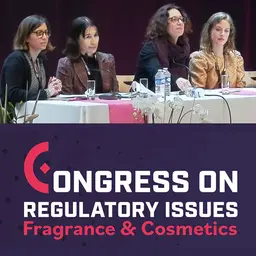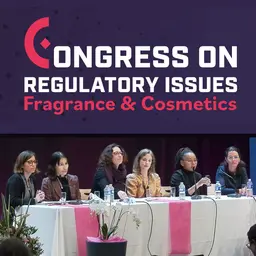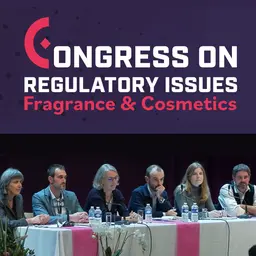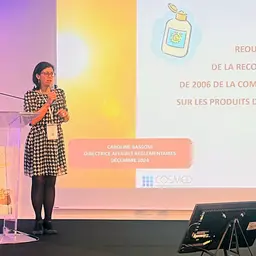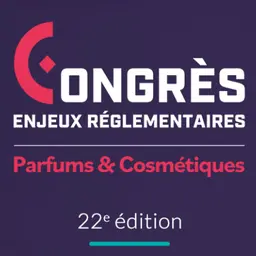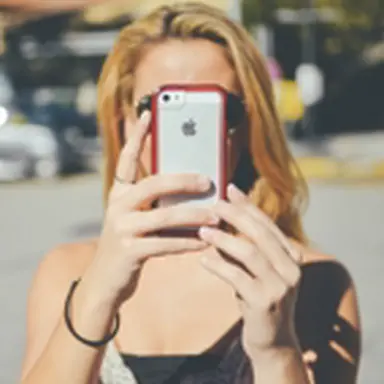
The population aged 25-35, also known as the selfie generation, represents a chunk of people who are hyper-connected and deeply concerned about their image and how it is conveyed on social media. As a result, they are increasingly more demanding with the cosmetics they use. At the Comet conference held in Cergy Pontoise, in the west of Paris, on June 6-7, 2017, Anne Sirvent, of Laboratoire Dermscan, introduced the latest test methods developed to justify the claims of new generation cosmetics.
New needs
Anne Sirvent explained that ‘the selfie generation refers to people aged 35 or less who make one with the Internet. They account for about 10% of the world’s population, they were exposed to the media very early, and they are aware of the importance of beauty in society.’
Being active on social media is also essential, hence the flood of selfies – a picture of you taken by… yourself – on these platforms.
Anne Sirvent added that ‘beauty is the third issue discussed on the web. Thanks to their smartphones, hyperconnected people can instantaneously have access to the latest trends and reproduce them at home.’
Lastly, a last phenomenon is determining in how this generation consumes beauty: the photo filters available on social media. Instagram, Snapchat, and others offer filters to erase flaws, smooth the skin, or perfect makeup. ‘Some women talk about Instagram Spiral; they want to be as attractive in reality as on touched up pictures. As a result, they become ever more critical about their own appearance, and then new products with new claims emerge on the market to meet this quest for perfection,’ Anne Sirvent explained.
New claims
First, both the skin and complexion should be faultless. Many foundations boast about creating an HD look, like on a camera.
24h products are also on a roll. Anne Sirvent explained that ‘bases for the complexion or lids have emerged, so makeup can last even longer.’
Expectations as regards these products are really high. Consumers want them to last from morning to night, after work, or even after a sports session.
This means makeup should withstand humidity and sweat. Anne Sirvent specified that ‘these new expectations made a new trend emerge: athleisure – a contraction between the words ‘athletic’ and ‘leisure’. Makeup should withstand physical effort.’
New tests
What about the tests performed on this specific category of products? ‘For the long-lasting effect, we leave the subject in a standardized environment with a stable temperature and hygrometry for several hours. As regards resistance to sweat, the subject spends 15 minutes in a hot room. The results are assessed quantitatively, either by qualified people, or using biometrics,’ Anne Sirvent explained.
In addition, ‘to correspond to this new product category, we thought it relevant to develop dedicated protocols. To this aim, we both assess real life performance and resistance to sweat and humidity to imitate a gym session. The combination of these two tests is called the athlete protocol. Furthermore, we have trained five beauty experts to provide a more qualitative evaluation of the results,’ she highlighted.
The protocol
To test a foundation’s resistance, the product is applied by a beautician on the subject’s face. Pictures are taken under polarized light. Then, the subject is asked to have a face hammam treatment. Other pictures are taken afterwards to assess the product’s resistance to heat and humidity.
The protocol also takes into account everyone’s reality and daily lives: the tester leaves the laboratory to attend their own affairs and comes back eight to ten hours later. Once back, they have a face hammam treatment.
This gives a clue about how long the product lasts. The test can also be performed with eye shadows or lipsticks.
Not only this test makes it possible to test how long cosmetics can last, but it also highlights the efficacy of certain bases.
Anne Sirvent concluded by saying the ‘selfie generation sets up high standards as regards their image. They want to look as attractive in real life as on social media, so their demand in terms of cosmetics performance is very high.’ And the cosmetics industry has no choice but to adapt…
JS

